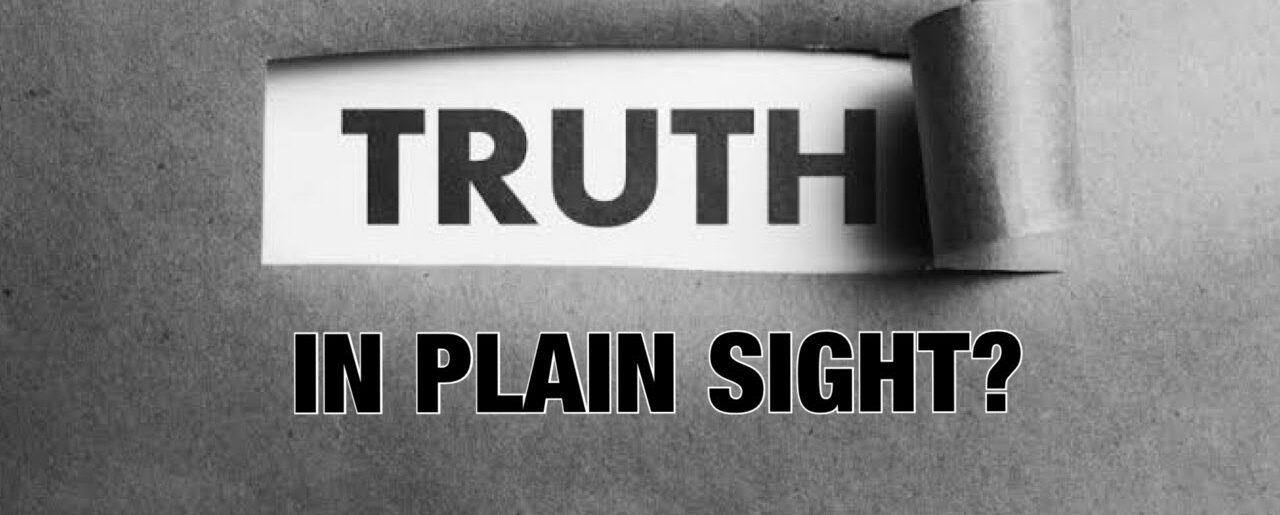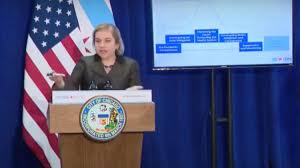The Good, the Bad, and the Ugly on the Supreme Court Vaccine Mandate Opinion
GOOD: Supreme Court holds vaccine mandate for businesses is illegal. (We absolutely gotta take a win when we get it!)
“Although Congress has indisputably given OSHA the power to regulate occupational dangers, it has not given that agency the power to regulate public health more broadly. Requiring the vaccination of 84 million Americans, selected simply because they work for employers with more than 100 employees, certainly falls in the latter category,” the unsigned opinion says.
BAD: The opinion absolutely leaves room for another mandate, tailored differently.
UGLY: The Court believes the feds had the power to pass the OSHA Act in the first place – and get deeply involved in healthcare today.
It’s important to understand that the Supreme Court opinion today is largely based on the argument that Congress didn’t expressly authorize a vaccine mandate in the OSH Act of 1970.
So, if Congress does just that, we can count on SCOTUS to back up their power as they usually do.
But, under the Constitution, the OSH Act of 1970 was unconstitutional from day one.
Whether Congress gets around to expanding their own power this year, or in 50 years, we shouldn’t be surprised about it – unless the people reject the foundation of it all.
That includes – no longer waiting for the federal government to limit its own power.
It’s up to the people to preserve their own Constitution.
Source: Tenth Amendment Center
The high court ruled 6-3 against the business mandate, which was issued in November by the Labor Department’s Occupational Safety and Health Administration (OSHA). The court’s three Democrat-appointed justices dissented.
At the same time, the justices allowed the administration’s vaccination requirements for healthcare workers in a 5-4 decision, in which Chief Justices John Roberts (appointed by President George W. Bush) and Justice Brett Kavanaugh (appointed by President Donald Trump) joined the liberals.
The OSHA mandate would have impacted upwards of 80 million workers — two-thirds of the U.S. workforce — at businesses with 100 or more employees, requiring them to get vaccinated or submit weekly COVID tests by February in an unprecedented exercise of federal power.
The vaccine policy for healthcare workers affects an estimated 10 million employees at facilities that participate in Medicare or Medicaid programs. That rule, announced by the U.S. Centers for Medicare & Medicaid Services (CMS) last year, requires workers to get their first jab by January 27 and to be “fully vaccinated” by the end of next month. It does not include a testing option.
“The Government proposes to find virtually unlimited vaccination power over millions of healthcare workers. Had Congress wanted to grant CMS power to impose a vaccine mandate, it would have clearly said so. It did not,” wrote Justice Clarence Thomas in his dissent.



